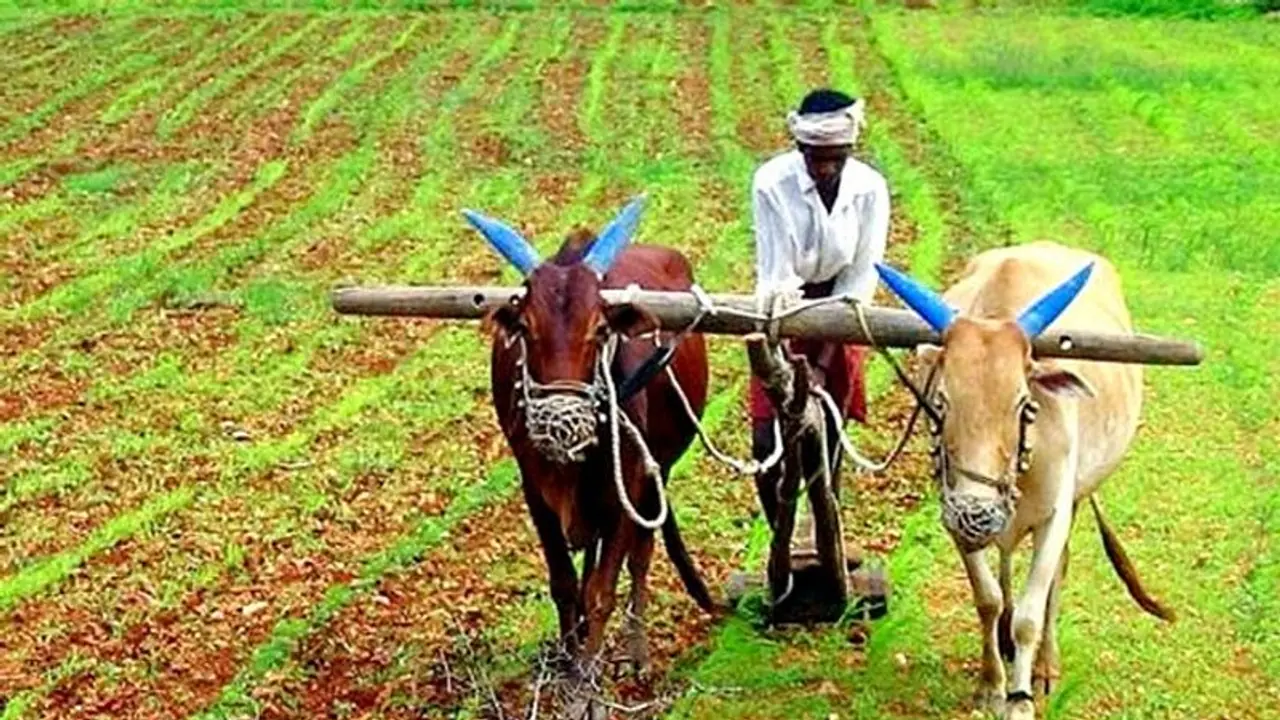By implementing a range of policies and schemes aimed at enhancing agricultural productivity, ensuring farmers' livelihoods, and promoting sustainable farming practices, sources said the Narendra Modi government has sought to usher in a new era of agricultural growth and prosperity in the country
Even as a group of farmers prepare to resume their protest march to Delhi, sources in the Narendra Modi government have sought to highlight a comprehensive overview of its pro-farmer initiatives implemented over the past decade. These measures encompass a wide array of policies, schemes, and projects aimed at enhancing agricultural productivity, ensuring farmers' welfare, and promoting sustainable farming practices.

1. Increased Budget Allocation for Agriculture
The government has substantially augmented budgetary provisions for the agriculture sector, reflecting its commitment to bolstering agricultural infrastructure, research, and development. Comparing the budget allocation for agriculture in the fiscal year 2023-24 to that of 2013-14, there has been a remarkable surge, indicating the government's prioritization of agricultural growth and prosperity.
2. PM-Kisan Scheme
A cornerstone of the government's farmer-centric initiatives, the PM-Kisan scheme entails the direct transfer of ₹6,000 annually to the bank accounts of eligible farmers. This scheme, initiated in December 2018, has witnessed significant traction, benefitting over 11 crore farmers and disbursing a substantial amount of ₹2.81 lakh crore to date.
3. Kisan Rail and Krishi Udan Schemes
The introduction of the Kisan Rail service in August 2020 marked a paradigm shift in agricultural logistics, facilitating the transportation of perishable goods to various destinations across the country. With over 2364 services operated till November 2021 and continued subsidies on transportation, the Kisan Rail has emerged as a lifeline for farmers, ensuring timely and efficient market access for their produce.
Complementing the Kisan Rail is the Krishi Udan Scheme, launched in the same year to facilitate seamless, cost-effective air transportation of agricultural produce, particularly from North East, hilly, and tribal regions. With a network covering 58 airports nationwide and a waiver of landing and parking charges, the scheme aims to bridge the gap between farmers and markets, promoting agricultural trade and commerce.

4. Minimum Support Price (MSP) Revision
Recognizing the significance of Minimum Support Price (MSP) in safeguarding farmers' interests, the government has consistently revised MSP for various crops, ensuring a minimum return of 50% over production costs. This increase in MSP for mandated crops underscores the government's commitment to providing remunerative prices to farmers and protecting them from distress sale of their produce.
5. Kisan Credit Card Scheme Expansion
The Kisan Credit Card scheme, a vital lifeline for farmers in meeting their short-term credit requirements, has been expanded to include animal husbandry and fisheries farmers. With a credit outlay of ₹20 lakh crore earmarked for farmers in 2023-24, the scheme aims to provide timely credit access to farmers, enabling them to invest in agricultural inputs, machinery, and allied activities.
6. Environmental Initiatives
Addressing environmental concerns, particularly air pollution resulting from crop residue burning, has been accorded priority by the government. Substantial funds have been allocated to states like Punjab, Haryana, Uttar Pradesh, and Delhi for crop residue management, emphasizing the government's commitment to promoting sustainable agricultural practices and mitigating environmental degradation.
